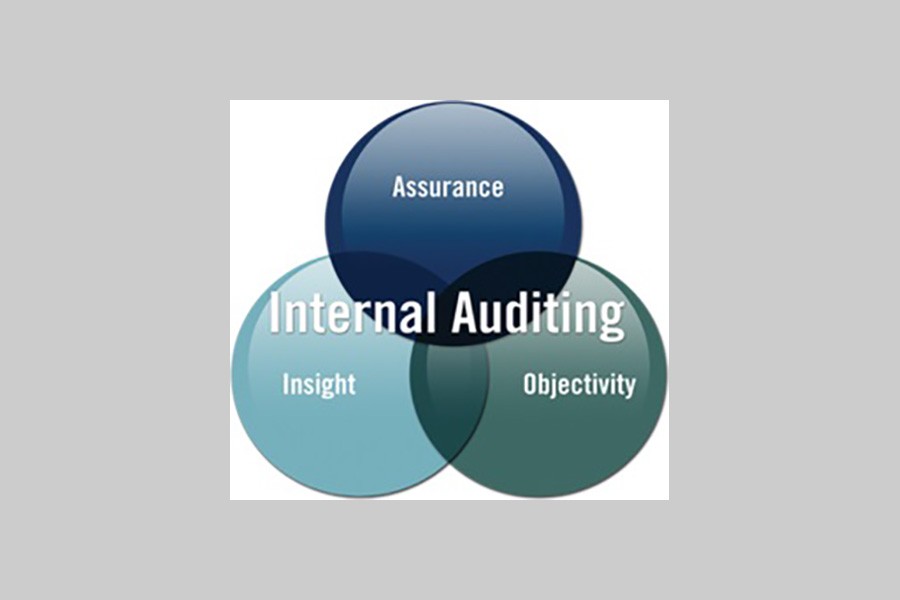It is a sad reality that banks in Bangladesh, by and large, lack good governance. As a result, irregularities - big and small - take place. Against this backdrop, there is an urgent need for bolstering the internal control and audit functions in banks. But disappointingly, a study conducted by the Bangladesh Institute of Bank Management (BIBM) has revealed recently that only 19 per cent of the country's bankers are interested to work in the internal audit department, and 40 per cent dislike working in such a department. They believe that they have to devote more time if they work in this department, and their family life would be hampered as a consequence. This negative attitude among the bankers has led to an acute shortage of manpower in the internal control and compliance departments (ICCD) of many banks. According to the BIBM, only 1.52 per cent of the banking manpower works in the ICDDs.
There is no alternative to good governance for taking forward the country's banking sector. Irregularities mainly take place due to weak governance. The fact is that internal audit helps minimise irregularities, develops asset quality, rectifies procedural and documentation errors and prevents money laundering risks. Establishing separate internal control department also speeds up recovery of loans through legal measures. Besides, audit, monitoring and compliance units of ICCDs are considered to be integral to effective audit function. An independent ICCD is therefore considered to be the third eye and reliable adviser for the boards of directors and regulators of banks.
Unfortunately, banks in Bangladesh have been found to be unwilling to invest in strengthening the internal audit system and tend to refrain from taking remedial measures against poor audits. It has also been reported in the media that most of the banks 'conceal' their internal audit reports due to 'inconsistencies' in the current structure of their ICDDs. The BIBM survey titled 'Internal audit and performance of banks in Bangladesh' revealed that although most banks felt there was a positive link between the quality of internal audits and banks' performance, 20 per cent held the view that internal audits may leave some negative impact on performance. In the context of lukewarm interest shown by banks and bankers in this critical function, workload of personnel working in this area has also been found to be excessively heavy. One official remains in charge of auditing over four sections, while an audit team is responsible for around 22 sections. And astonishingly, only 750 to 800 personnel work in the central bank's supervision division for overseeing the functioning of over 12 thousand bank branches across the country.
Internal control system is vital for a sustainable banking sector. But, there are many shortcomings in the current internal control and compliance rules and regulations in the country. Thus, the deposits of ordinary people in banks cannot be made safer if these rules and regulations including the guidelines on internal control and compliance issued by the Bangladesh Bank are not revised and then strictly enforced. Honesty, integrity and ethical standards among the board members of banks are also crucial for healthy performances in the banking sector. There is no alternative to strengthening the internal controls and compliances in banks if the present trend of bad governance in the sector is to be reversed. And only joint and harmonious efforts of the central bank and the commercial banks would help establish an internal control-cum-compliance system based on the principle of disciplined, ethical and inclusive banking.


